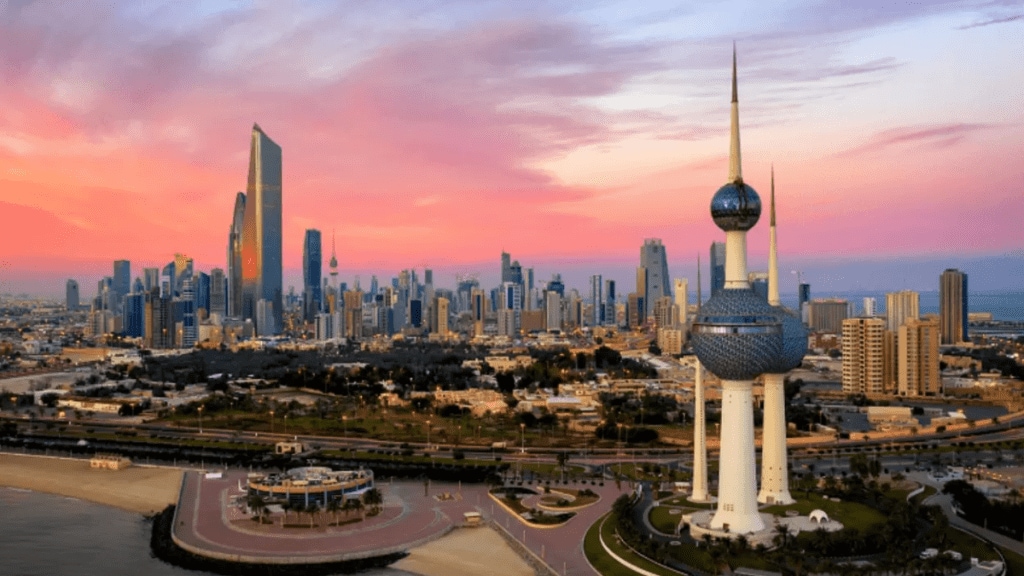Big news for millions of expats living in the Gulf region! Kuwait has just announced a major policy change that allows foreign residents of GCC countries to get tourist visas on arrival. No more prior visa applications or embassy procedures, just travel across the Gulf and be more mobile.
New Policy for GCC Residents
Kuwait’s First Deputy Prime Minister and Interior Minister, Sheikh Fahad Al-Yousef Al-Sabah, issued the directive through Kuwait Alyoum official gazette on Sunday, August 10, 2025. Under the new rules, any foreign national residing in a GCC country (Saudi Arabia, UAE, Qatar, Bahrain, Oman or Kuwait) with a valid residency permit for at least 6 months can get a tourist visa upon arrival. No nationality restrictions, as long as the residency criteria is met. This revokes the 2008 regulation that controlled the entry of foreign GCC residents into Kuwait for tourism.
Visa on Arrival Process and Benefits for Expats
Eligible travelers arriving at Kuwaiti airports or border crossings can now go to designated immigration counters where officials will verify the validity of residency permits and passports and issue the tourist visa on the spot. No more advance applications and embassy visits, just spontaneous leisure and family trips.
This affects a big chunk of the Gulf population. As of 2024, the GCC population is over 61.2 million and foreign residents are more than half of that. While GCC citizens can travel freely within member countries, expats have faced tougher restrictions, especially in Kuwait.
This is in line with the UAE and Oman’s visa liberalization efforts to promote intra-Gulf tourism and economic integration.
Tourism and Economic Diversification
The new visa on arrival rule supports Kuwait’s goal to boost its tourism sector which is expected to generate over $1.13 billion by 2025. This is part of Kuwait’s Vision 2035 to diversify the economy and culture beyond oil revenues.
By easing travel for GCC residents, Kuwait not only strengthens ties within the GCC but also promotes sustainable tourism growth and regional economic cooperation.


